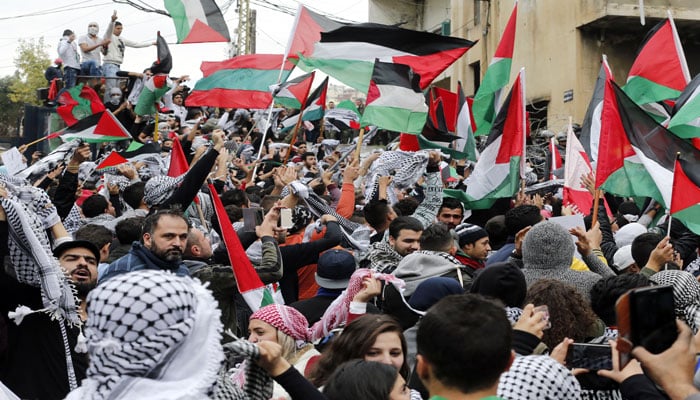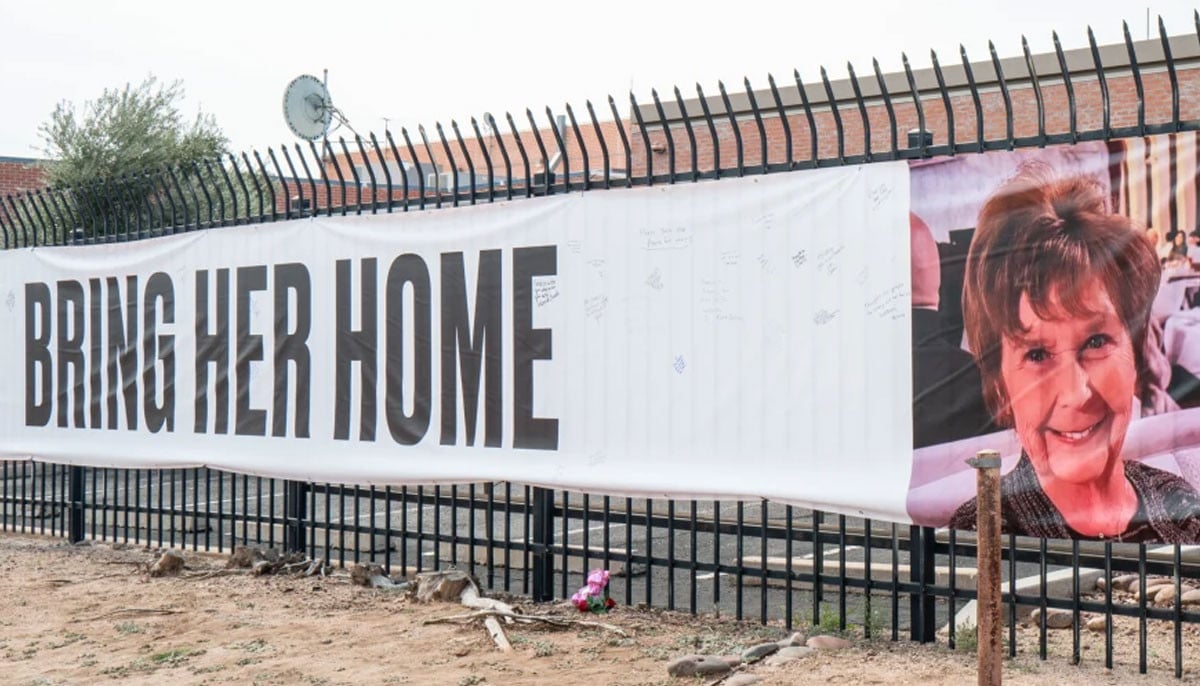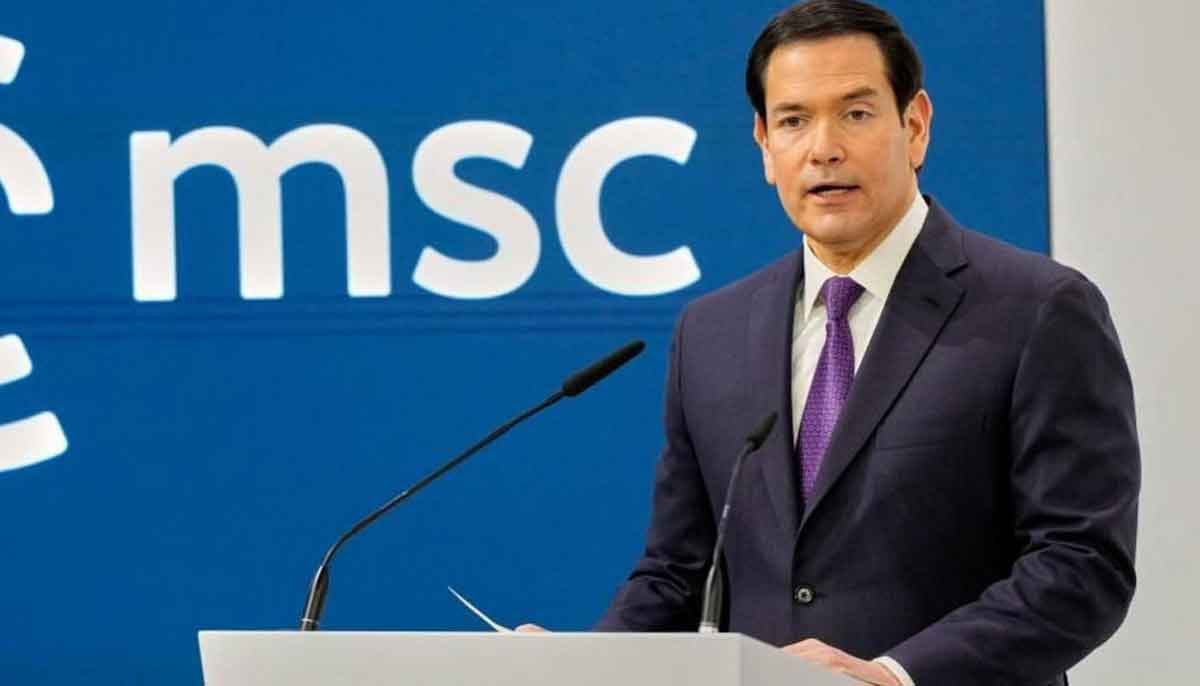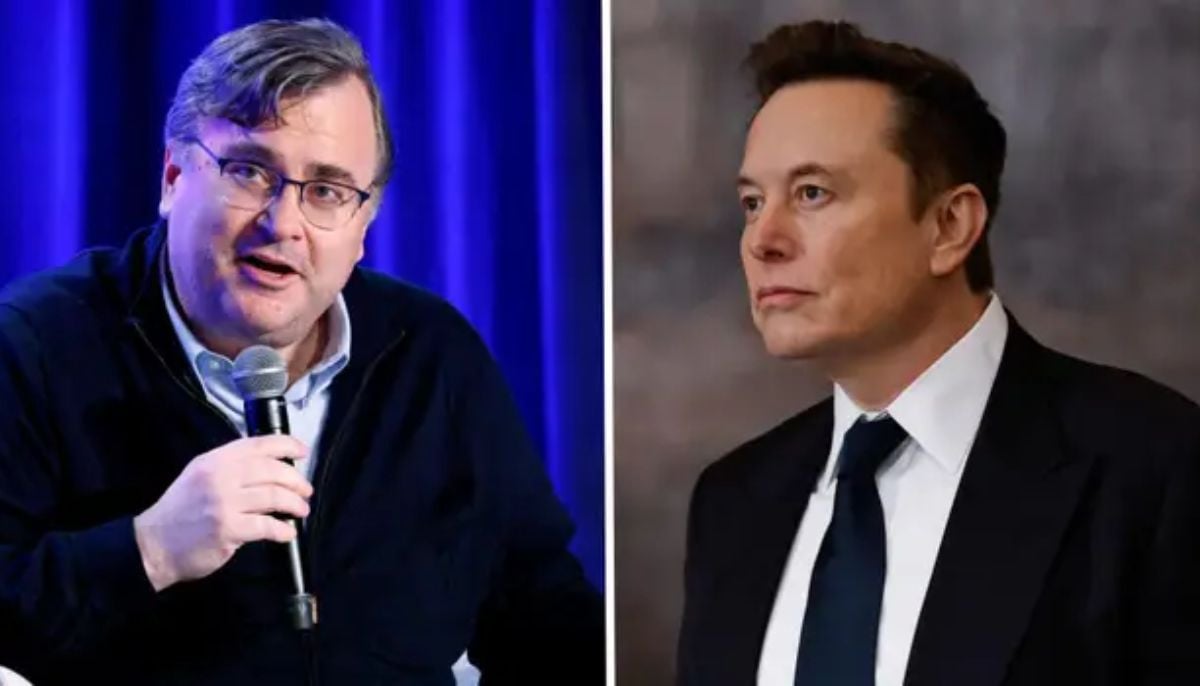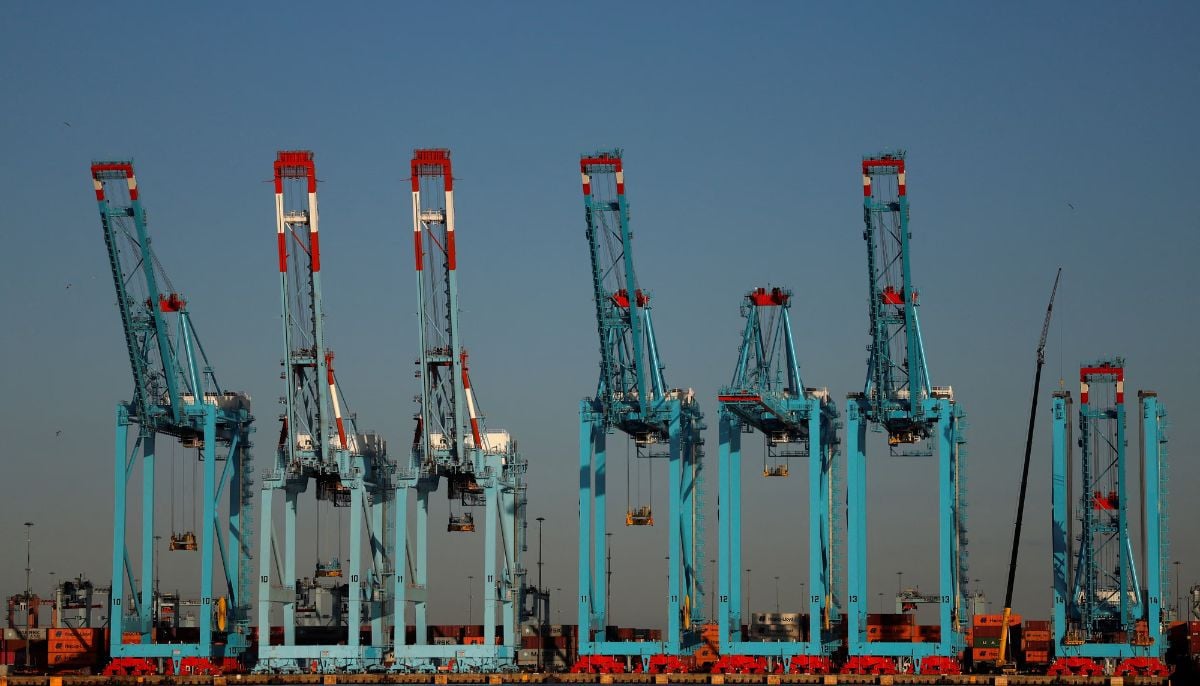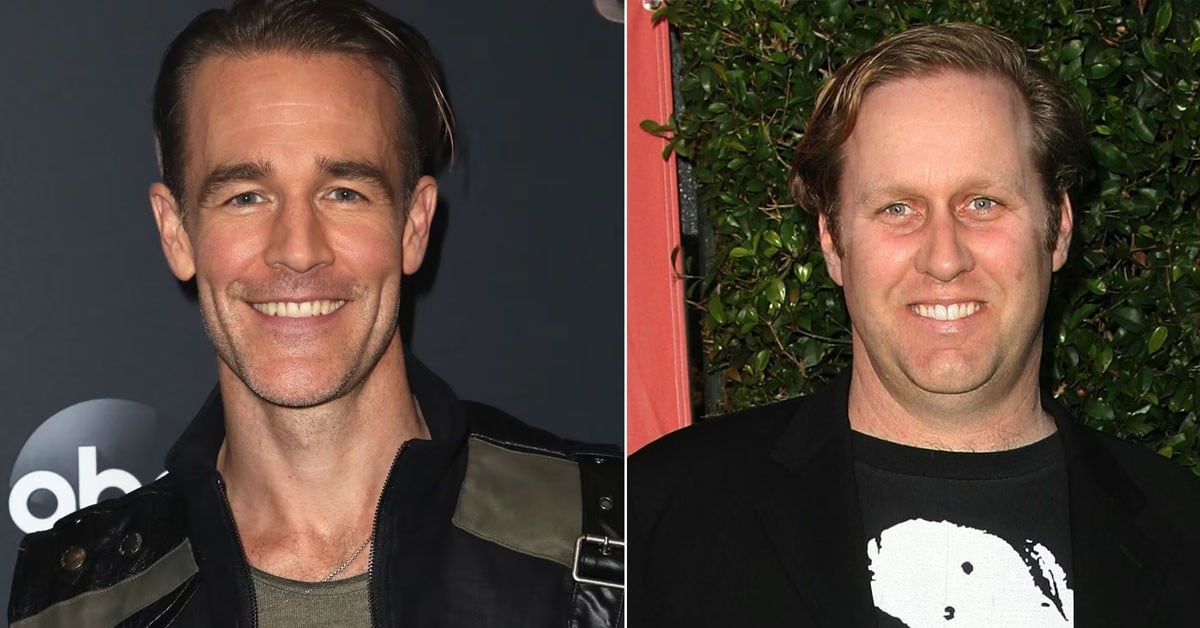Fifth day of protests in Middle East over Trump´s Jerusalem move
A fifth day of angry protests was expected in the Middle East on Monday over US President Donald Trump´s declaration of Jerusalem as Israel´s capital, as Palestinian leader Mahmud Abbas visited Cairo for crisis talks.
JERUSALEM: A fifth day of angry protests was expected in the Middle East on Monday over US President Donald Trump´s declaration of Jerusalem as Israel´s capital, as Palestinian leader Mahmud Abbas visited Cairo for crisis talks.
As near universal criticism of Trump´s decision mounted, Israeli Prime Minister Benjamin Netanyahu held talks with EU foreign ministers in Brussels, declaring that the move he has lauded as historic "makes peace possible".
But further protests were being planned for Lebanon and Iran as well as in east Jerusalem and the Palestinian territories.
Hezbollah, which fought a war with Israel in 2006, called for the demonstration in Beirut´s southern suburbs, with large crowds and a speech by the Shiite group´s leader Hassan Nasrallah expected in the afternoon.
A large turnout was also expected for a protest in Tehran.
Iranian President Hassan Rouhani said on Sunday that Trump´s decision threw "fuel on the fire" of Middle Eastern tensions and would not be tolerated.
A protest was being organised in the afternoon in front of a US cultural centre in east Jerusalem, while another was planned for Bethlehem in the occupied West Bank.
In Ramallah on Monday, dozens of Palestinians threw stones at Israeli soldiers in the latest such clash.
Palestinian demonstrations have declined in number and intensity since reaching a peak on Friday, but there are concerns they will again increase later this week.
Four Palestinians have so far been killed in clashes or Israeli air strikes in response to rocket fire from Gaza, while hundreds have been wounded.
Tens of thousands have also demonstrated in a range of Middle Eastern and Muslim nations.
Palestinian leaders have been outraged by Trump´s move, but they also face difficult choices in how to respond since they rely on US aid and would like to salvage remaining hopes of a two-state solution to the conflict.
Abbas will refuse to meet with US Vice President Mike Pence when he visits the region later this month, Palestinian officials say, a move that led Washington to accuse the Palestinian leader of "walking away" from a chance to discuss peace.
Abbas was on Monday to hold talks with President Abdel Fattah al-Sisi in Egypt -- a key US ally in the region -- ahead of a summit of the Organisation of Islamic Cooperation, the main pan-Islamic body, on Wednesday.
Netanyahu, who has been dogged by corruption investigations against him at home, has lauded the US president´s declaration and called for other countries to follow suit.
On Monday, he was in Brussels as part of a two-day trip to Europe after having met French President Emmanuel Macron in Paris the previous day, with the visits having been planned before Trump´s declaration.
Macron urged Netanyahu to "show courage" and take measures to restart long-stalled Israeli-Palestinian peace efforts, including freezing settlement construction in the West Bank.
Netanyahu, who heads what is seen as the most right-wing government in Israeli history, showed no sign of obliging, instead seeking to place blame on the Palestinians for stalled peace efforts.
He met EU foreign ministers in Brussels on Monday, the first such talks with an Israeli premier in 22 years and after the bloc´s diplomatic chief Federica Mogherini warned Trump´s move could take the situation "backwards to even darker times".
Trump noted in his decision that Jerusalem´s final status would have to be decided in negotiations between the two sides, but the Palestinians have not been convinced.
Many analysts have questioned how a fair peace process could be possible with such a major concession without seeming to demand anything in return.
Jerusalem is also home to sites sacred to Jews, Christians and Muslims, and the Arab and Muslim world has seen it as an afront.
Turkish President Recep Tayyip Erdogan has been perhaps the most outspoken in warning over the consequences of the move, while on Sunday he lashed out by calling Israel a "terrorist state" that "kills children".
-
Hilarie Burton reveals Valentine's Day plans with Jeffrey Dean Morgan
-
Jacob Elordi, Margot Robbie on 'devastating' scene in 'Wuthering Heights'
-
China to implement zero tariffs on African imports in major trade shift
-
Jack Thorne explains hidden similarities between 'Lord of the Flies' and 'Adolescence'
-
Elon Musk vs Reid Hoffman: Epstein files fuel public spat between tech billionaires
-
New Zealand flood crisis: State of emergency declared as North Island braces for more storms
-
Nancy Guthrie case: Mystery deepens as unknown DNA found at property
-
James Van Der Beek's final conversation with director Roger Avary laid bare: 'We cried'
